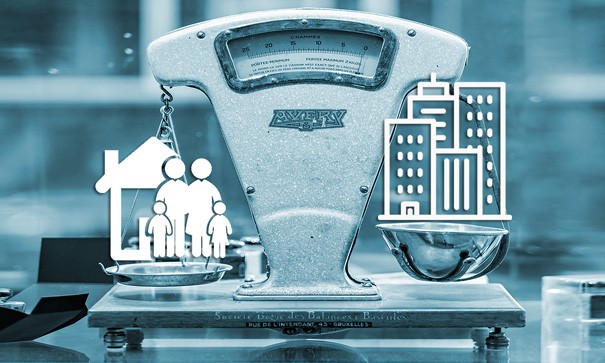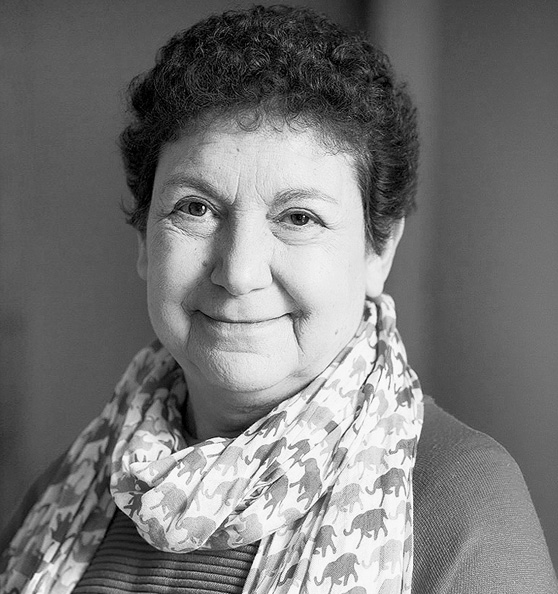What Is Transactional Analysis?: Taking inspiration from Freud’s theories about personality types and interactions, transactional analysis (TA) is a psychoanalytic theory of talking therapy that focuses on your relationships and interactions with other people, and how these might have been shaped by experience, especially those which have been formed in childhood.
A ‘transaction’ is a unit of social intercourse, and psychiatrist Eric Berne, who developed TA in the late 1950s, believed that an analysis of a person’s transactional habits can be used to establish and reinforce the innate value and potential of an individual.
How to use transactional analysis in counselling & therapy: The transactional analysis model uses the 3 ‘ego states’ of Child, Parent and Adult to understand and interrogate how interactions occur between people. It holds that communication is a fundamental aspect of being human – such as how a child communicates a need to a parent, or how a parent communicates a rule to a child – and that humans receive positive or negative ‘strokes’ within such interactions.
The aim of TA in therapy you attain and maintain your autonomy by strengthening your Adult state, which will allow you to identify and examine various thoughts, behaviours, and emotions, develop constructive communication in relationships, which otherwise might hinder your ability to flourish and reach your fullest potential.
































